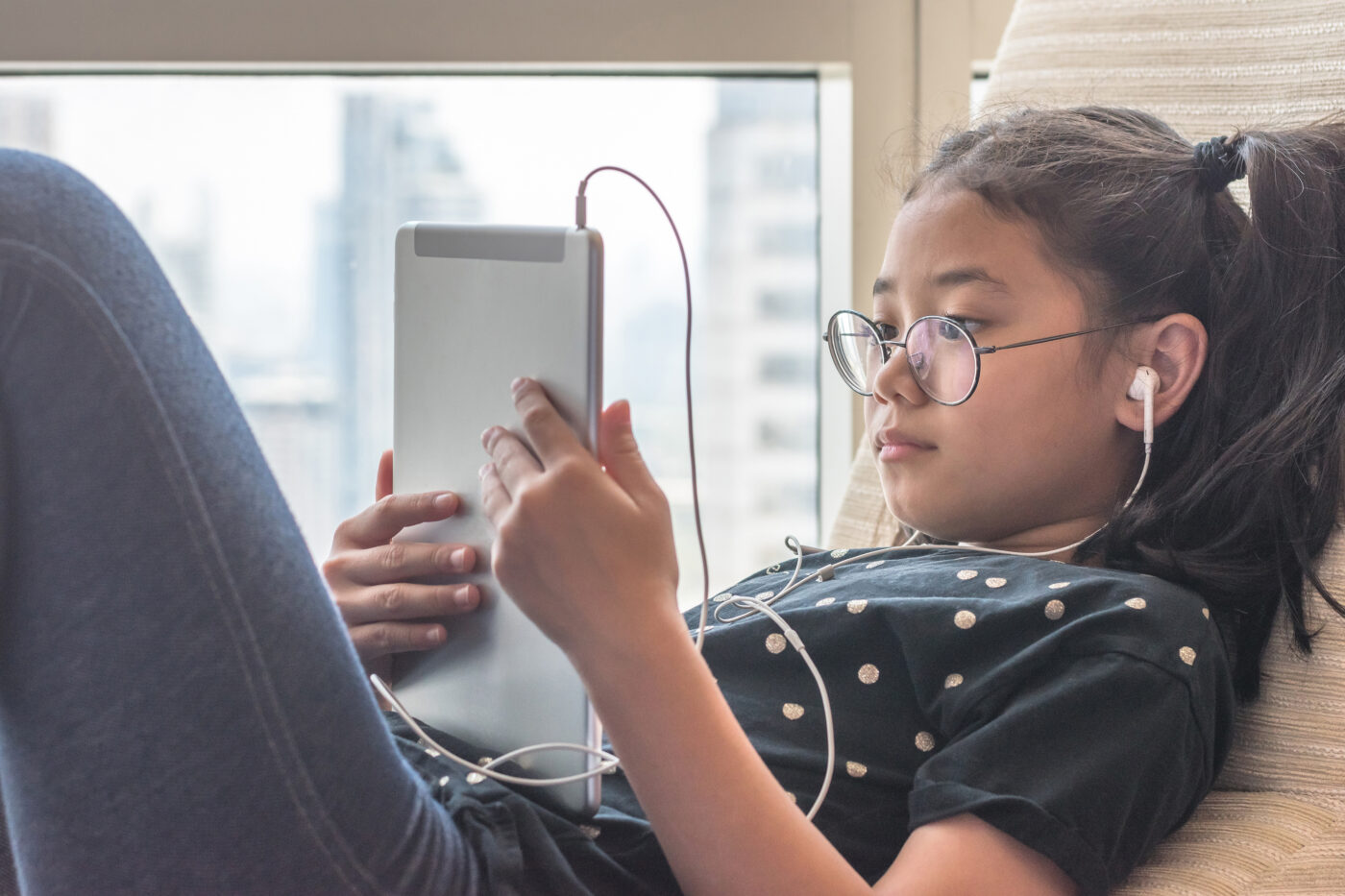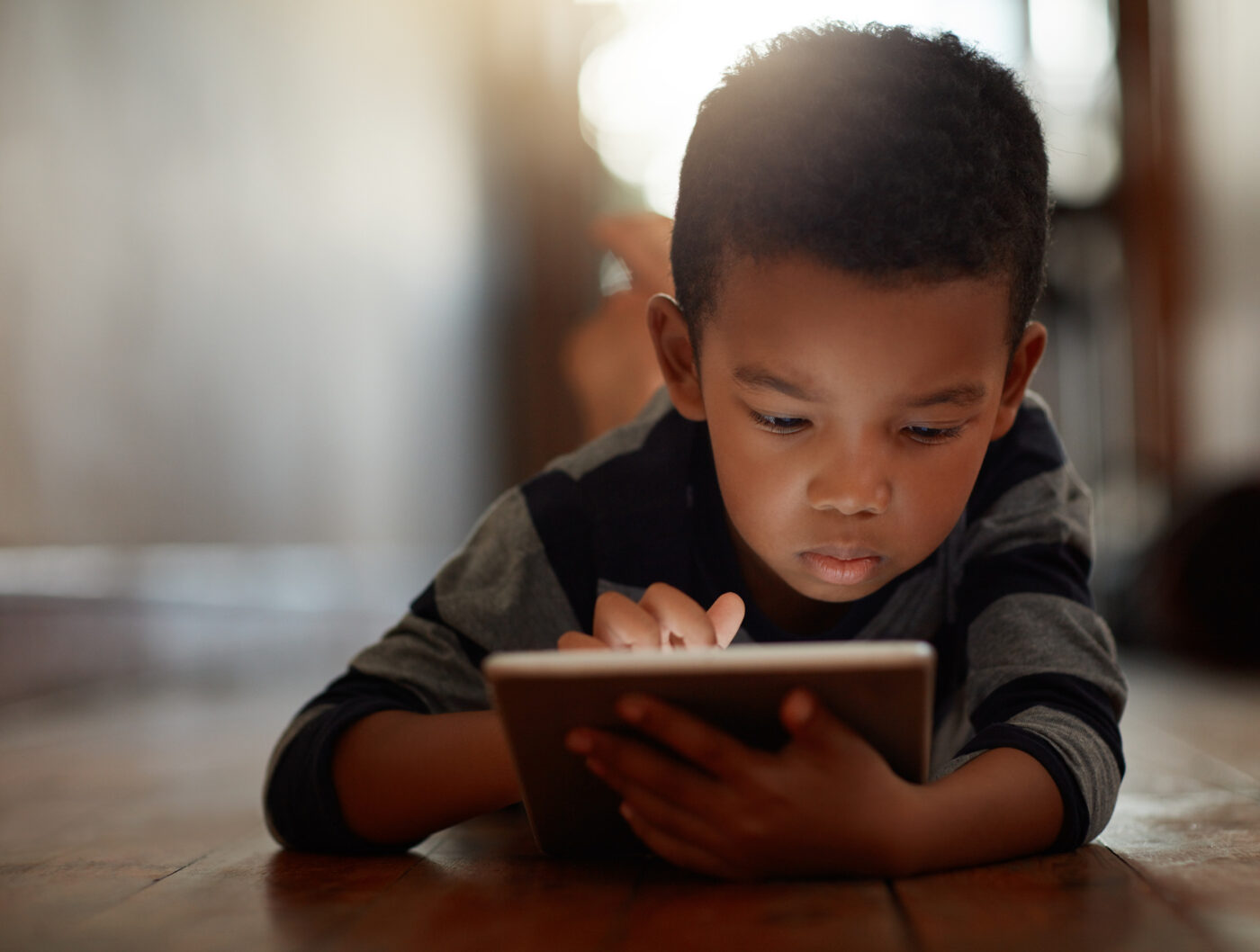I was probably in second grade when I signed up for a special Friday activity at school: typing. On real typewriters! Soon we graduated to PCs in a tiny computer lab. But the highlight there wasn’t typing. It was playing Oregon Trail, where a greenish-covered wagon traversed across a black screen.
Technology has changed dramatically since then, and that means technology in school has changed, too. But that’s not all that’s changed. Our kids deal with a different learning environment than we did, and they encounter issues we never imagined when we were walking those halls. It’s important to understand these differences so we can support and encourage them. Here are just 5 ways how school has changed since we were kids.
1. Social Media
You already know that social media has changed nearly everything, but have you considered the impact it has on your kids’ relationships at school? One of the many dangers is that social media never turns off. In our day, when school was over and we went home, the bullies didn’t come with us. With social media, the bullies at school—and all sorts of influencers—have access to our kids 24 hours a day. There is no break. One of the reasons cyberbullying is so crushing is because kids can’t (or don’t know how) to escape it. Kids can bully and be bullied around the clock from any and every location.
2. School Shootings and Lockdown Drills
The fear that someone might bring a gun to school and start shooting never occurred to me when I was a student. Now, even pre-K kids have to go through active shooter and lockdown drills. That’s because school shootings are real threats. Not surprisingly, many kids don’t feel safe at school. Many know about Uvalde or another recent shooting and go to school with the fear that a shooting at their school is a real possibility. That’s a terrible weight for kids to bear.
3. Technology
When I was a student, the only time I used a computer at school was the occasional trip to the computer lab. Today, there is often no need for a lab. At many schools, students use iPads, Chromebooks, and all kinds of devices in their classroom on a daily basis. Many of their assignments include an online component or require some kind of online research. That’s probably good preparation for our digital world. But that also means your child may have already amassed a bunch of screen time before they ever get home from school. Then, they may have homework that requires more time online.
Even when the reason for screen time is good, like for academics and learning, too much can still have a negative impact. Research shows it can harm sleep and may even affect moods and hinder brain development in teens. As dads, we need to help our kids limit screen time and do other things, like get outside, socialize in person with family and friends, play sports, play music, and get to bed on time. Their mental health and cognitive development depend on it.
4. Cultural Discord Spilling Into Schools
The cultural and political discord that dominates headlines and social media is seeping into schools in a way we probably didn’t experience as students. Whether its politicized school board elections, politically-driven educational guidelines mandated by state legislators, school library book controversies, and more, our kids are exposed to conflicting ideologies more often than we were. It’s more important than ever to give our kids a strong foundation at home.
5. Mental Health Crisis
The mental health crisis among American youth is real. There are undoubtedly many factors, including the four points above, but whatever the reasons, no one is immune. At a minimum, your child is going to know other students who struggle with depression, deal with suicidal ideation, and/or struggle with drugs and alcohol. As fathers, we can’t shy away from these issues, and we need to be ready to talk about them with our kids.
Unfortunately, our kids face a lot of challenges in school that we didn’t, which can make it hard for us to relate to or understand. However, if we are aware of the differences and challenges, if we’re willing to deal with them head-on, and if we’re good listeners to and observers of our kids, we can provide them with the support, love, and guidance they need.
Sound off: What’s another way your child’s school experience is different than yours?











Huddle up with your kids and ask, “What do you love about school? What do you not like?”